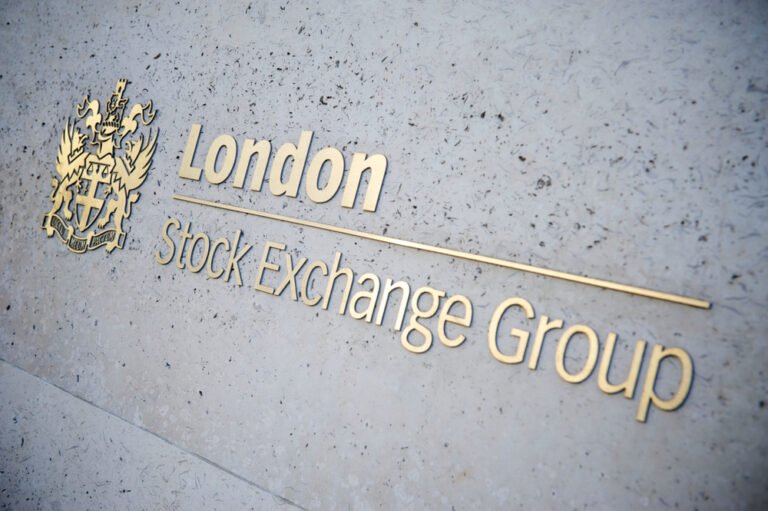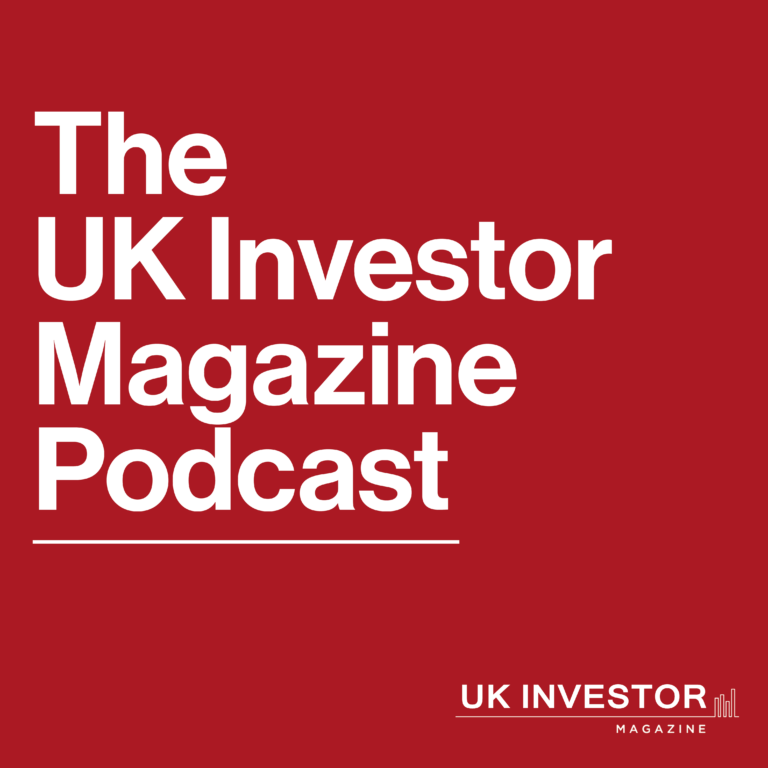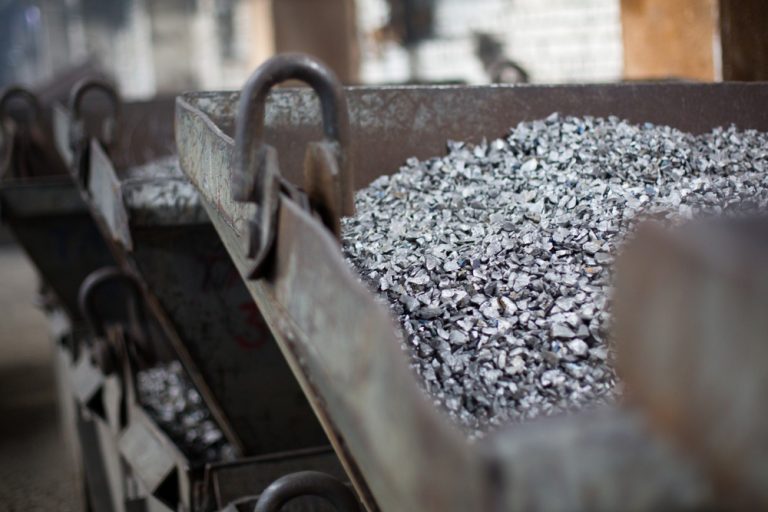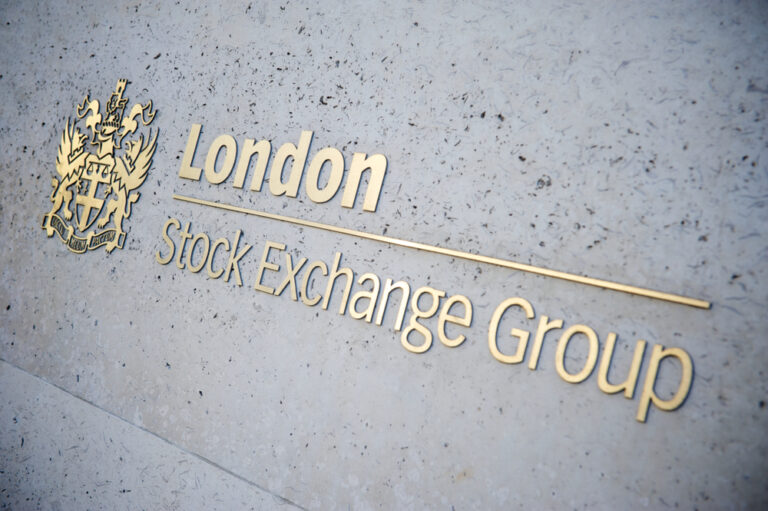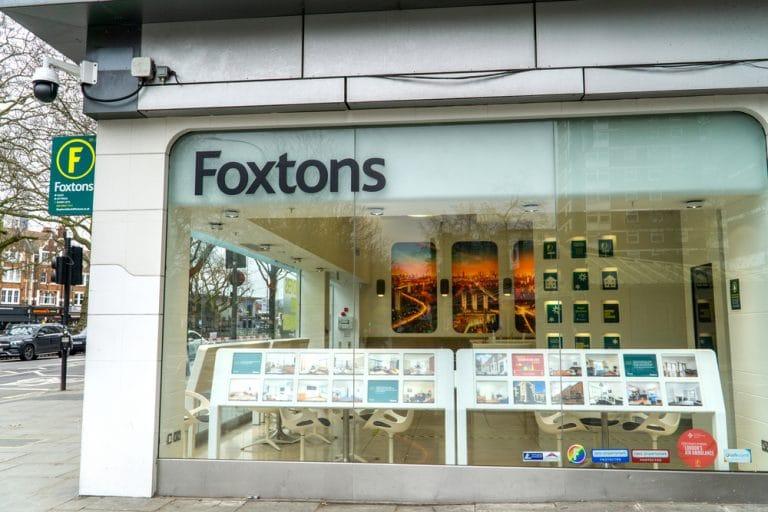The FTSE 100 fell on Thursday as a surge in German bond yields rippled through European equities and ex-dividends wiped a significant number of points from the index.
London’s leading index was down 0.7% at the time of writing as traders contended a plethora of corporate results released against a backdrop of bond market volatility in Europe and the ongoing uncertainty of Trump’s next move. Companies including HSBC and Rio Tinto trading ex-dividend also weighed on the index.
The overarching concern was the spike higher in German bond yields after the German government announced a spending spree on infrastructure and defence. A historic rise in German 10-year bunds sent waves through the global bond market with US and UK bond yields rising, sparking fears about the outlook for interest rates.
“The UK markets have failed to latch onto the positive momentum seen from its US peers last night, with the FTSE 100 opening on the back foot,” said Matt Britzman, senior equity analyst, Hargreaves Lansdown.
“There’s a string of results to get through, from a giant in motor insurance to the world of legacy media, all while investors are trying to digest a major sell-off in European bonds yesterday, led by Germany, where there are expectations of a loosening of the country’s strict borrowing rules. UK Gilts followed suit, and yields have ticked higher again in early trading this morning, with rate cut expectations coming under fresh scrutiny.”
Investors had a raft of corporate results to pick through on Thursday. The standouts were Admiral and Melrose, but for very different reasons.
Melrose sank 11% despite reporting a strong set of results for 2024. It appears that investors were hoping for more from the outlook after a near 50% rally from October lows. Operating profit for 2024 surged 42%, but the company maintained 2025 guidance, sparking a wave of profit taking.
“It is often better to travel than arrive, and so it proved for aerospace engineer Melrose Industries as investors took profit despite a strong set of numbers which beat analysts’ expectations,” said AJ Bell investment director Russ Mould.
“The company has been pulled higher in Rolls-Royce’s tailwind amid recovering demand in the civil aviation space. The market reaction may reflect some disappointment about the company’s five-year targets, even if they do suggest a reasonable level of ambition on the part of management.”
Admiral’s announcement of a special dividend and a 90% jump in profit before tax drove the insurer’s shares 5% higher.
“Admiral has shifted gears and capped off a strong year with a special dividend,” Matt Britzman said.
“UK motor insurance has had quite the ride, with aggressive price hikes in 2022 and 2023 finally paying off last year. Admiral even managed to ease off the accelerator, reducing rates ahead of the market and helping to grow customer numbers by 15%, hitting a record 5.7 million.”
Schroders was the top riser after returning to growth in the last year. Shares were 6% higher at the time of writing.

